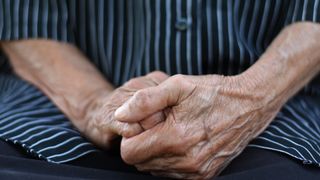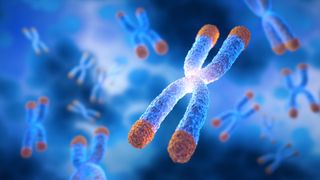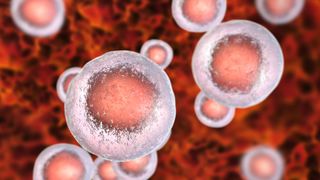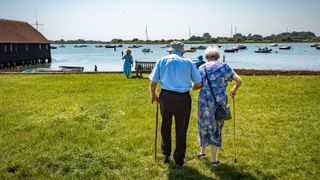Ageing
Latest about Ageing

Eating too much sugar may accelerate cellular aging
By Emily Cooke published
In a new study, women who followed diets low in added sugar and high in nutrients had "younger-looking" cells.

Short-term vegan diet may slow aging, but questions remain
By Emily Cooke published
A small trial in identical twins has shown that going vegan for two months may slow aging, but the findings should be interpreted cautiously, experts say.

Could blocking this one protein extend human life span?
By Emily Cooke published
Blocking a pro-inflammatory protein extended the life span of mice by around 25%. Could it do the same in humans?

Is there a 'male menopause'?
By Christoph Schwaiger published
Men in their 50s experience age-related symptoms and hormone declines — but is this the same as what women go through during menopause?

Single molecule reverses signs of aging in muscles and brains, mouse study reveals
By Nicoletta Lanese published
A new study in mice and human cells suggests that a small molecule can help reverse signs of aging by extending telomeres and modulating key genes.

Epigenetics linked to the maximum life spans of mammals — including us
By Kamal Nahas last updated
Some chemical tags on DNA, called epigenetic factors, that are present at a young age can affect the maximum life spans of mammal species.

Pregnancy may speed up 'biological aging,' study suggests
By Nicoletta Lanese published
A study conducted in the Philippines links pregnancy to changes in the chemical tags that sit atop DNA, hinting that pregnancy speeds biological aging.

Chemicals that make babies smell sweet and teens smell 'goat-like' revealed
By Kamal Nahas published
Aroma researchers worked out which chemicals in body odor differ between infants and teens who have hit puberty.
Get the world’s most fascinating discoveries delivered straight to your inbox.




